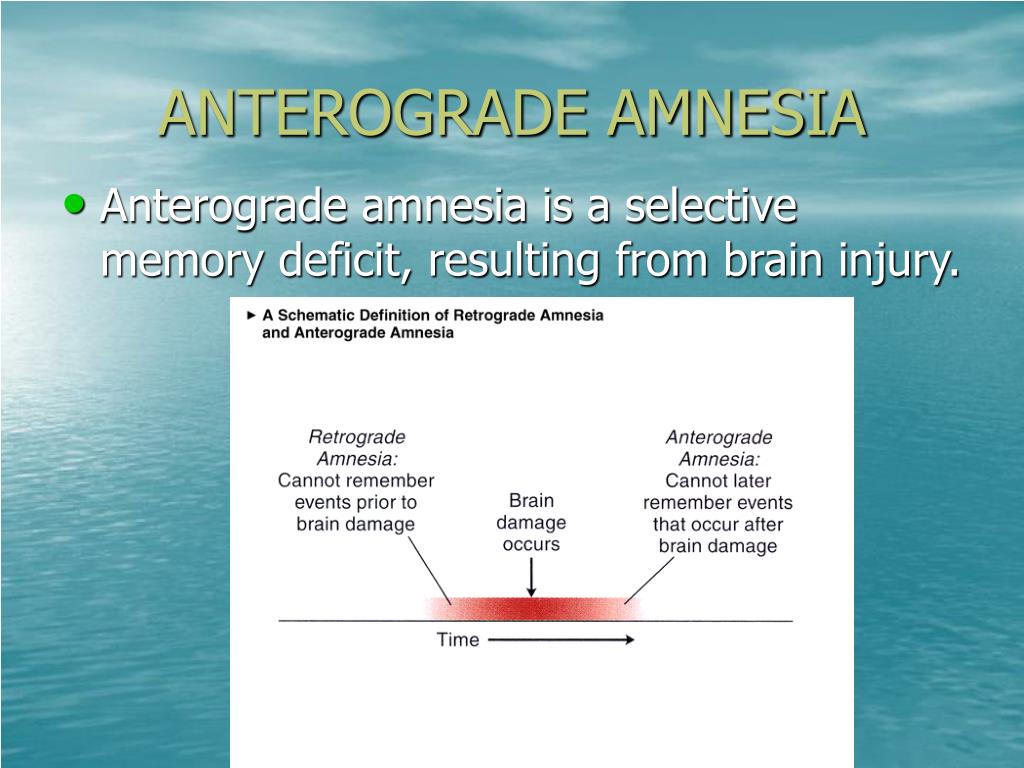
There are, though, problems with the hypothesis. One studies several communications theories, but one finds it harder to retain the older material as one takes in more information.īoth proactive and retroactive interference has been shown to have significant impacts, and a large body of research has corroborated this. Similarly, let us say one plan to study speech and theatre at university. Similarly, if one knows Spanish and is attempting to learn Italian, one may have trouble learning the Italian language because one keeps thinking in Spanish.Īs a performer, if one has to learn a new monologue for just a play, one can end up forgetting the one memorized for the last production. This is because the previous year has been drilled into one's head more than the next one has, making it simpler to remember. It is not uncommon to forget that it is a new year and accidentally write down the old one in documents and calendars during the first couple of months. Examples of retroactive interference include remembering the last location's location or the identities of former co−workers. Instances of proactive interference include making mistakes while writing the date in the early phases of the year, being unable to convert currencies, forgetting somebody's new telephone number, etc. We call these types of interventions "proactive" and "retrospective." It is also worth noting that comparable memories increase the likelihood of both proactive and retroactive intervention. The lessons we learned in the past might often confuse us with the things we have now, and the opposite is true. The interference hypothesis describes why we forget and explains how another might hamper one piece of knowledge retrieval from good memory. The key distinction between proactive and retroactive interference is that the former causes interference with fresh memories while the latter causes interference with existing ones. Differentiating Proactive and Retroactive Interference According to the study's authors, interference may prevent memories from becoming solidified. No matter how long individuals delayed between the learning activity and the interference task, the interference assignment lowered learning by up to 10%. The study will be undertaken followed by the interference task immediately, 2, 5, or 8 minutes later. Respondents in one research studied a list of German−Japanese word pairings, then learned a third list as an interference exercise. Learning might be hampered by influence from the past. To rephrase, fresh memories prevent access to previously stored ones. When additional evidence stops a person from recalling previous knowledge, this phenomenon is known as retroactive interference. In other words, fresh memories interrupt old ones, and subsequent learning impedes previous knowledge. Proactive interference may be mitigated by testing and reciting the new material, as has been proven in studies.Ĭonversely, retroactive interference happens when fresh learning causes a person to forget what they already know. Because of this, they are more readily accessible than more recent recollections. Since the person has been given more time to review and practice the older memories, they are frequently more deeply encoded in good memory.

The presence of old ones hinders the recall of fresh memories. Proactive interference occurs when new data is not learned because previously acquired knowledge blocks its recall. When previously acquired knowledge contradicts or contradicts the new information being learned. When one learned task prevents the learning of another, this is called proactive interference. As a result, it is easy for recollections of separate trips to the movies to blend into one's memory. The cinematic experience is consistent regardless of how many times one attends. For instance, if one often visits the cinema, one may have difficulty recalling the company one kept during a certain showing. It is easy to mix one recollection with another for various reasons. Because of this, it is easy to lose track of or forget crucial details. Knowledge in good memory often faces competition from other bits of information, particularly if they are similar.


For example, interference holds that a person cannot recall certain details from good memory due to competing details. Several hypotheses attempt to explain memory loss. Scientists in psychology are as curious about the processes that lead to forgetting as they are about those that lead to recalling.


 0 kommentar(er)
0 kommentar(er)
